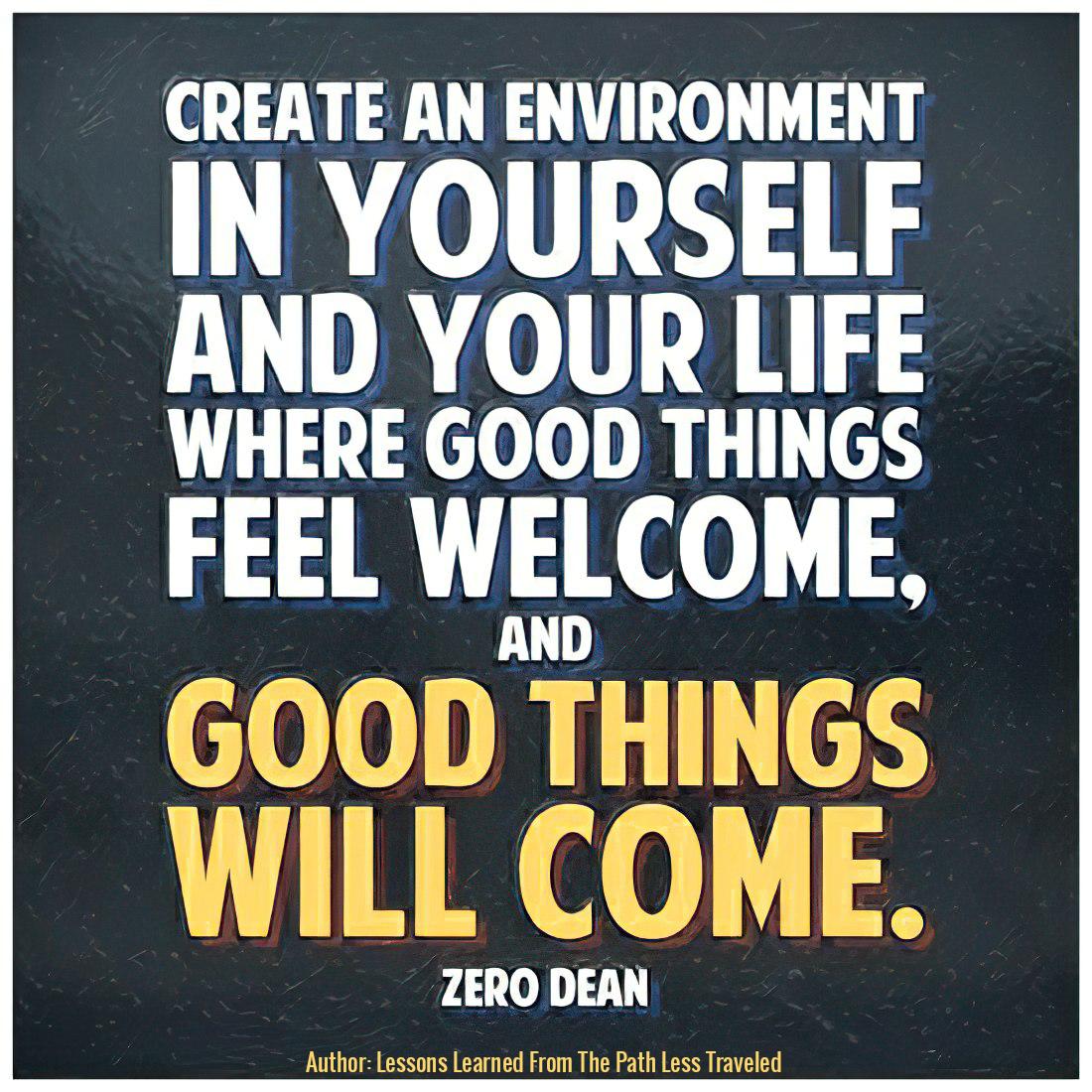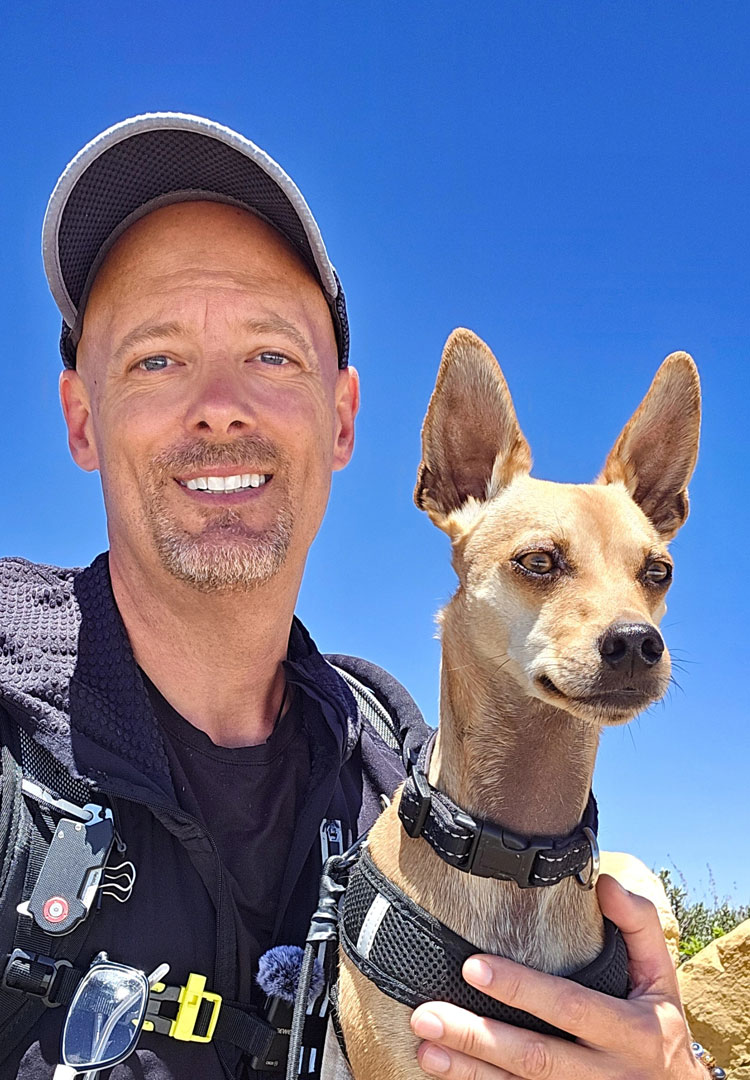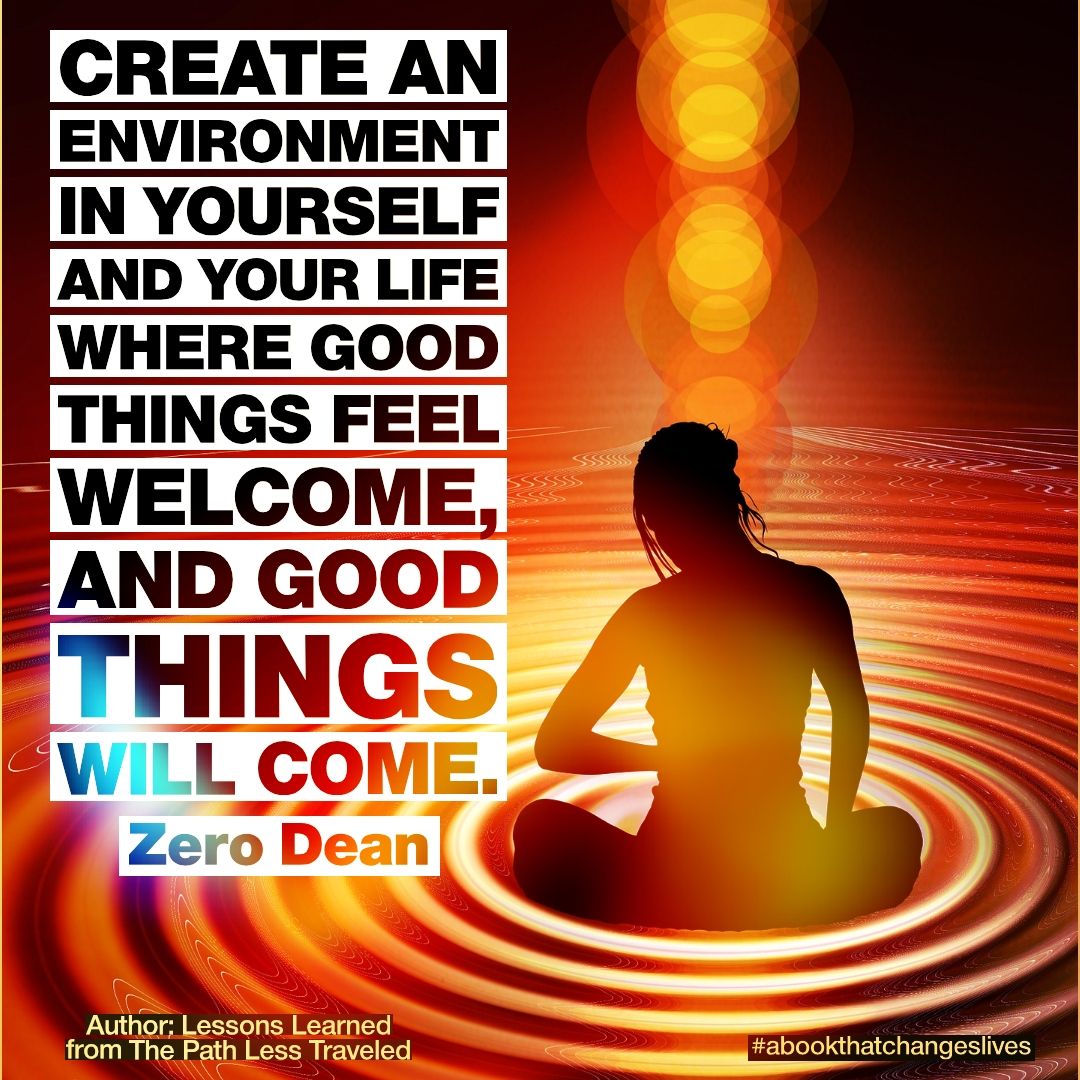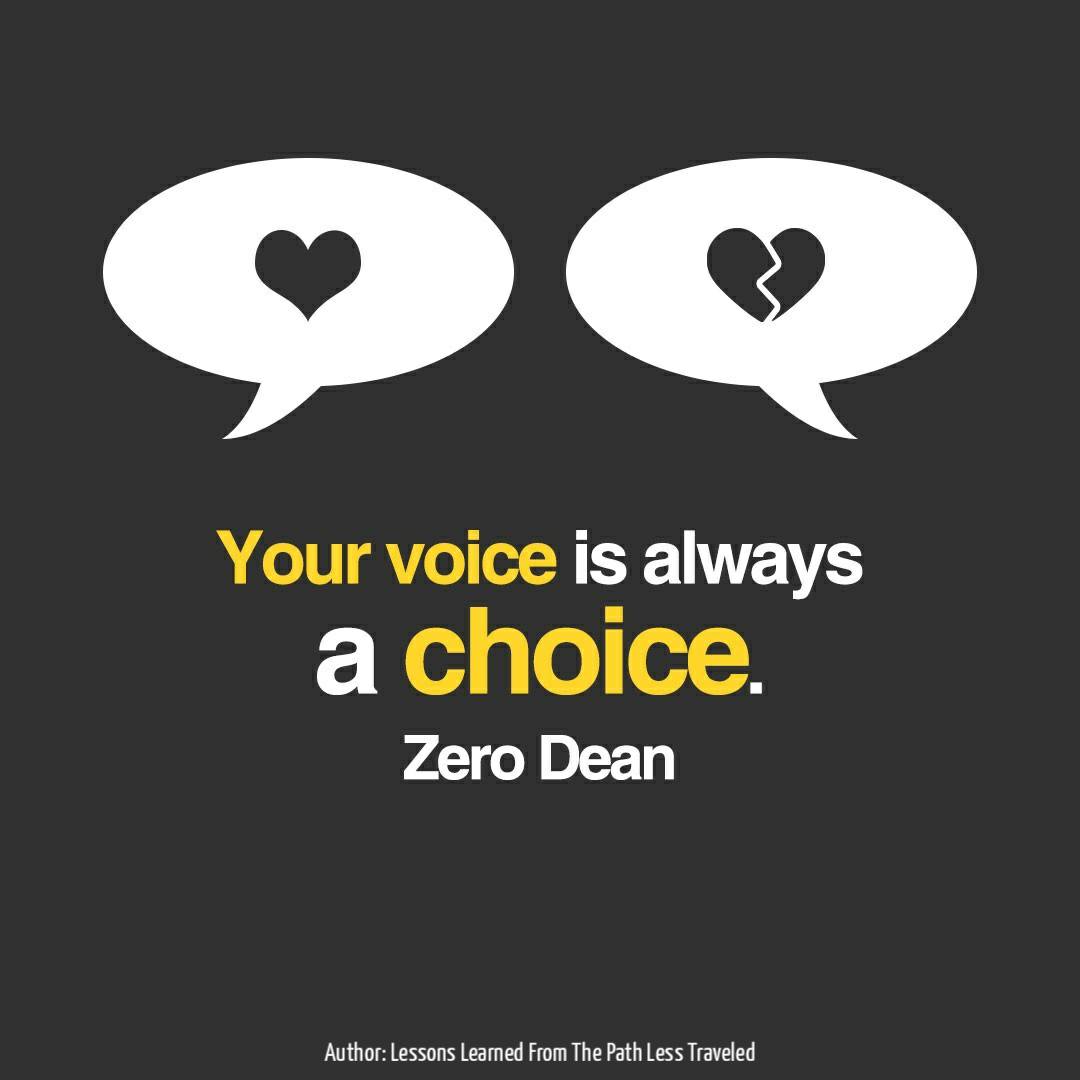
“Emptiness which is conceptually liable to be mistaken for sheer nothingness is, in fact, the reservoir of infinite possibilities.” — D.T. Suzuki
Aristotle once said, “Nature abhors a vacuum.” I’d like to suggest that human nature does, too.
Isn’t it true that whenever many of us see an absence of something in our personal environment or our lives — and we have the means to fill it — we often do so reflexively?
We just see a space and decide that something needs to be there.
“That table needs a plant.” “That room needs a rug.” “That wall needs a picture.”
Not only are our outer environments filling up with more and more of the sort of “stuff” that we don’t necessarily need, our inner environments are, too.
How often — when we find ourselves without something we want in life — do we automatically (and perhaps unconsciously) fill that “void” with a sense of “lack” or “negativity”?
And sometimes that negativity manifests itself as a bad habit or a reflexive negative thought process? (At least until you’ve retrained your brain)
Have you ever witnessed or experienced something along the lines of:
“I didn’t get what I wanted! That stinks! I never get what I want — and this is just more proof of that.”
Or…
“I didn’t get what I wanted — or what I wanted didn’t happen — so it doesn’t matter what I do! I might as well just [ insert some potentially harmful or high-risk activity ]!”
Our tendency to do and think things like this has the potential to make things worse by not creating (or allowing) the type of environment where the kinds of things we want in our lives feel “welcome” (or are attracted enough) to appear.
For example, if you’ve been single for a while, you may begin to lose hope that you’ll ever find the person you’re searching for (or that they’ll find you). So perhaps you get a little bitter or it makes you sad when you see other couples together. Or maybe just frustrated.
However these negative thoughts & feelings manifest themselves in your life, it not only doesn’t solve your “problem”, it doesn’t project the kind of message that makes you attractive to whatever it is you strive for.
It’s almost like we react to things in a way that puts a sign over our head that says: “Sad, bitter, and frustrated person here! Do not approach!”
When, instead, the message we most likely want to convey with our being is: “Kind and loving individual ready for love! Welcome!”
As such, it’s important to make sure that whatever message you are projecting to the world is congruent with the message you wish to express.
If you want more positive things in your life — losing hope that you’ll ever get them and becoming bitter or negative is self-defeating. Rather than leave yourself open to infinite possibilities, filling this formerly “available space” with negativity makes it much more difficult for something positive to come along and take up residency.
Perhaps it’s time to take inventory in your life.
Are you holding onto tired old thoughts or negative feelings that are keeping other positive thoughts, feelings, and possibilities from feeling welcome?
This is old baggage and you don’t need it.
Holding onto baggage any longer than is necessary for you to “process” and learn from it means that it’s simply sitting there taking up the space that positive stuff might if it had the room.
The moment you begin to ditch the negative thoughts, feelings, and emotions in your life is the moment you begin to leave room for positive ones.
Perhaps it helps if you think of it as setting the table of your life:
Imagine you’re sitting at the head of a large table. Nearly all of the chairs are filled. You have some great “guests” — whom you adore. And this is exactly what you want!
But you’ve also got a few that you just sort of found back when you had a lot of empty seats — and so you figured it’d be better to fill your seats than leave them vacant. And now these guests just sit there at your table — gloomy and depressed.
And every now and then one of them does or says something that is completely counter to the mood and environment that you’re trying to create.
No one really wants to associate with these guests. And no one who’s sitting at your table really knows why they are there. But they’re your guests — and it’s easy enough to ignore them most of the time — so no one says anything.
You don’t particularly like these negative guests, but since you’ve always had a few empty seats, you’ve never thought about asking them to leave because who wants to have a “party” with only a few guests and a lot of empty seats.
You’d love to fill these empty seats with more of the types of guests you adore, but it becomes clear that no one else wants to join you at your table because your unwelcome guests are creating an unattractive atmosphere.
So how do you solve this problem?
Well, as Robert Tew says, “Respect yourself enough to walk away from anything that no longer serves you, grows you, or makes you happy.”
Keep the guests you adore, but give your unwelcome guests the boot.
Retire your tired old thoughts and feelings. “Reset your table” and then resist the urge to fill the empty spaces.
In time, with your positive guests in place and your negative guests gone, the magnetic nature of the empty seats — and your refreshed attitude — will naturally attract more of the types guests you want in your life.
In other words:
Create an environment in yourself and your life where good things feel welcome, and good things will come.
“In many a piece of music, it’s the pause or the rest that gives the piece its beauty and its shape. And I know I, as a writer, will often try to include a lot of empty space on the page so that the reader can complete my thoughts and sentences and so that her imagination has room to breathe.” — Pico Iyer
“Become totally empty. Quiet the restlessness of the mind. Only then will you witness everything unfolding from emptiness.” –Lao Tzu
“Your task is not to seek for love, but merely to seek and find all the barriers within yourself that you have built against it.” — Rumi
Related:











